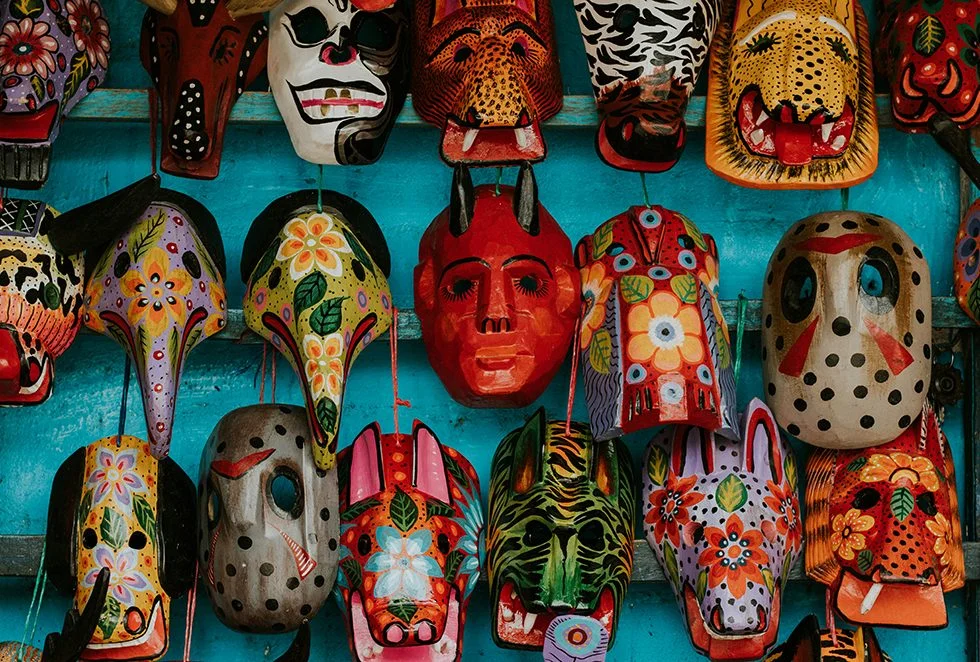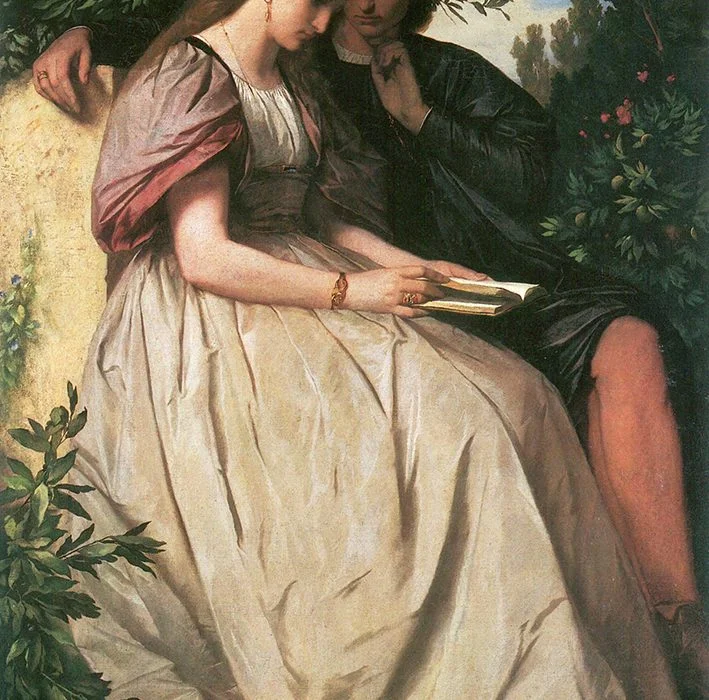Relationships • Parenting
The Parents We Would Love To Have Had: An Exercise
We can be so taken up with the problems handed down to us by inadequate or frustrating parents that we forget to ask ourselves a question with an immense power to inspire and heal us: what would properly lovely parents have been like? And, from here, what would I now be like if I had grown up around such people?
One might immediately complain: what is the point of imagining something that isn’t possible? Why not stick to what actually occurred? To which one can rejoinder that picturing the parents we would love to have had may help us to realise how much about our characters is not biologically innate but was a specific response to the flaws of our actual caregivers. The exercise gives us a vantage point from which to more clearly see why we are as we are – and how we might have been, and might still become, otherwise.
We weren’t inherently shy: we became so (and thereby spoilt many decades of our lives) because there seemed to be room for only one self-confident male or female in the family. There was no pre-existing reason why our sexuality has been as tortured as it is; it’s just extremely hard – we can now observe – to build up a sense of trust when one has grown up around a boundary-less addicted figure. With other parents, how differently we might have related to ourselves, how much less anxious we might have been, how much more buoyant and free. We can cease to think that the responsibility for our often peculiar and tormented characters lies entirely with us. We can feel – through a closely-worked exercise – at what junctures our personalities would have taken another and more salutary turn, if only there had been a different sort of adult in the vicinity.
How then to perform such a thought-exercise? It pays to tie ourselves down somewhat artificially. We should clear some time and take each parent in turn; trying to define their character at a level of detail of a novelist. We should give them a first and a family name, a visual appearance, a complete set of emotional traits, a particular job, certain sorts of friends, a set of mannerisms, even a distinctive wardrobe. We might – as novelists do – base them on someone we have met in real life: maybe the parent of a friend, or someone we’ve seen in a photograph or a film. We might even (without fear) borrow quite a few of their features from someone we are attracted to.
We could start with our mother.
– Let’s imagine her at twenty, then during pregnancy, then as a young mother.
– What would she have been like as she woke us up in the morning?
– What would her tone have been like as she bathed us?
– When we were toddlers, how might she have responded if we spilt something down ourselves?
– A little later, what might she have said when we came into the kitchen with a drawing we’d made?
– What would it have been like to see her sitting on her own in her bedroom or study?
– What would she have said when we got back from school? How would she have advised us if we had some problems with a mean person in our class?
– What would it have been to watch a film with her?
– Subsequently, how would she have responded to someone we developed a crush on?
– How would she have been as we prepared to go out to one of our first parties?
– As we both aged, how would the relationship have changed? By the time we were off to university, how would she be treating us?
– What would it be like to return home after a term or from our first job in another city?
– What might be her advice when we faced difficulties at work?
– How would she be with our partner or spouse?
– And then with her first grandchild?
– What would it feel like to look into her face and notice the marks of time?
Then we can wonder: how would it have changed us to have had this woman as a mother? What would our levels of trust be like? What about our career ambitions? Our friendships? Our self-esteem?
We might – somewhere along the way – feel intense emotion at the sight of our true home, from which we have been exiled.

Then, when energy allows, we can repeat the exercise with our father, following a similar arc; trying to imagine ourselves sitting with him on the weekend, being taken somewhere by him, telling him about a problem at school, watching him at his job, hearing him speak to us about our options for the future…
The reason the exercise can be so hard is that it may evoke just how much we have missed out on. We realise the scale of the privilege of kindness and attuned care: we might have given almost anything for a beloved figure would could have modelled sanity and goodness for us.
It may seem as if we are just tantalising ourselves, like an emaciated prisoner imagining a feast, but there’s more utility on offer here than that. Our imaginations may grant us a dose of the care we lacked, just as picturing a quiet river bank may usher in a moment of calm during a panic.
Now we have conjured them up, we can keep these parents inside us and deploy them as reference points and helpmates. As small children and readers of fiction know, someone can be both wholly imaginary and still in key ways intensely alive.
No one can take away from us the new parents we have found. They would have made us into versions of ourselves that we can now more clearly understand – and can work hard every day to become.


























